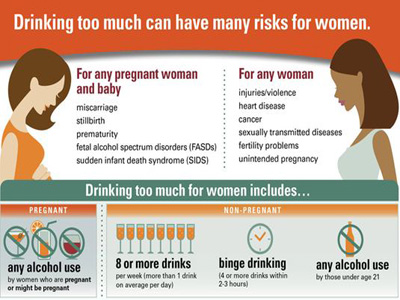Previous studies have found that FAE reduces the sense of smell of alcohol and that teens exposed to alcohol in utero have an increased risk of alcohol abuse. “It is possible that FAE makes the flavor of alcohol less aversive. This could increase the risk of adolescents experimenting with alcohol and developing a pattern of abuse,” the research team wrote.
The researchers compared oral sensory responses to alcohol and its flavor components, namely bitter (quinine), sweet (sugar) and burning and irritation (capsaicin and mustard oil) in an adolescent rat model of FAE and control rats. They recorded responses from two nerves that convey input about taste to the brain and one nerve that conveys input about oral burning and irritation to the brain (trigeminal nerve).
Compared with control rats, the taste nerves of FAE rats showed weaker responses to alcohol and quinine taste during adolescence. The reduced responses of these taste nerves to quinine persisted into adulthood, implying lifelong alterations in bitter taste function. The FAE rats also had reduced trigeminal responses to alcohol, capsaicin and mustard oil during adolescence.
“Our results demonstrate that FAE reprograms development of the rat’s peripheral taste and trigeminal systems,” the research team wrote.

















Related Items
Addiction of 'screen' is ruining relationships...!
India's ailing healthcare system needs to heal itself
Know all about 'Kavach', A cutting-edge train protection system